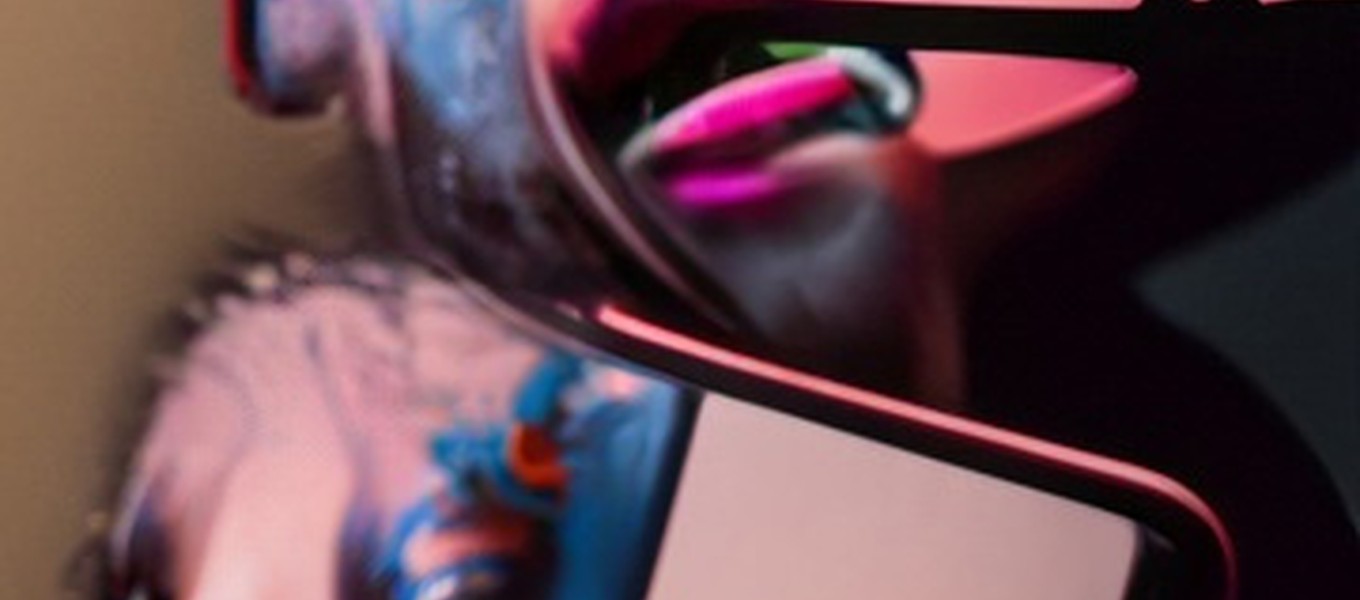Guy Cassiers
Skin Routine - Installation - 2023
présentée dans le cadre de l'exposition Panorama 25 -


Installation
*Skin Routine *is a multidisciplinary installation that focuses on the ideal image of the "perfect" face that many people today are obsessed with and the torturous route to achieving that image.
The installation consists of twenty smartphones that are 51 hung up in a rectangular frame next to each other (four rows of five phones) and suspended at eye level as if the spectator was looking into a mirror. Each mobile phone reveals specific fragments of images that seen together form a collage of a constantly changing face. The content of the images is created from found footage on the internet of faces being transformed by aesthetic make-up tutorials from influencers endorsing products. Through artificial intelligence algorithms, new images will be generated from this found footage.
Each phone can rotate on its axis to follow the music of the overture of Mozart's Don Giovanni. The overture suggests a balance between comedy and tragedy where justice is in pursuit of the principal character, the mercurial seducer. It is a foreboding of his death and destruction. As in the opera of Don Giovanni, the concepts of beauty and horror run parallel to each other and intermingle.
The ultimate aspiration of aiming for the impossible ideal of a manipulated beauty in which everyone begins to look the same, can only lead to disfigurement and pain along the way.
Guy Cassiers (1960) initially studied graphic art at the Academy of Fine Arts in Antwerp. Though his interest turned to theatre during that period, his training as a visual artist has always played a crucial role in his development as a theater maker. Cassiers continues to view the theatre as an outsider 50 and it is from that position that he created an artistic idiom that is all his own. In terms of the content of his work, this outsider position translates as a preference for solitary, isolated and often asocial figures. In terms of form, it translates as a preference for literary texts (as opposed to dramatic texts) and the use of visual technology. He has adapted and staged novels by well known authors such as Marcel Proust, Robert Musil, Virginia Woolf, Joseph Conrad, Lev Tolstoj, Yusunari Kawabata and Marguerite Duras.
